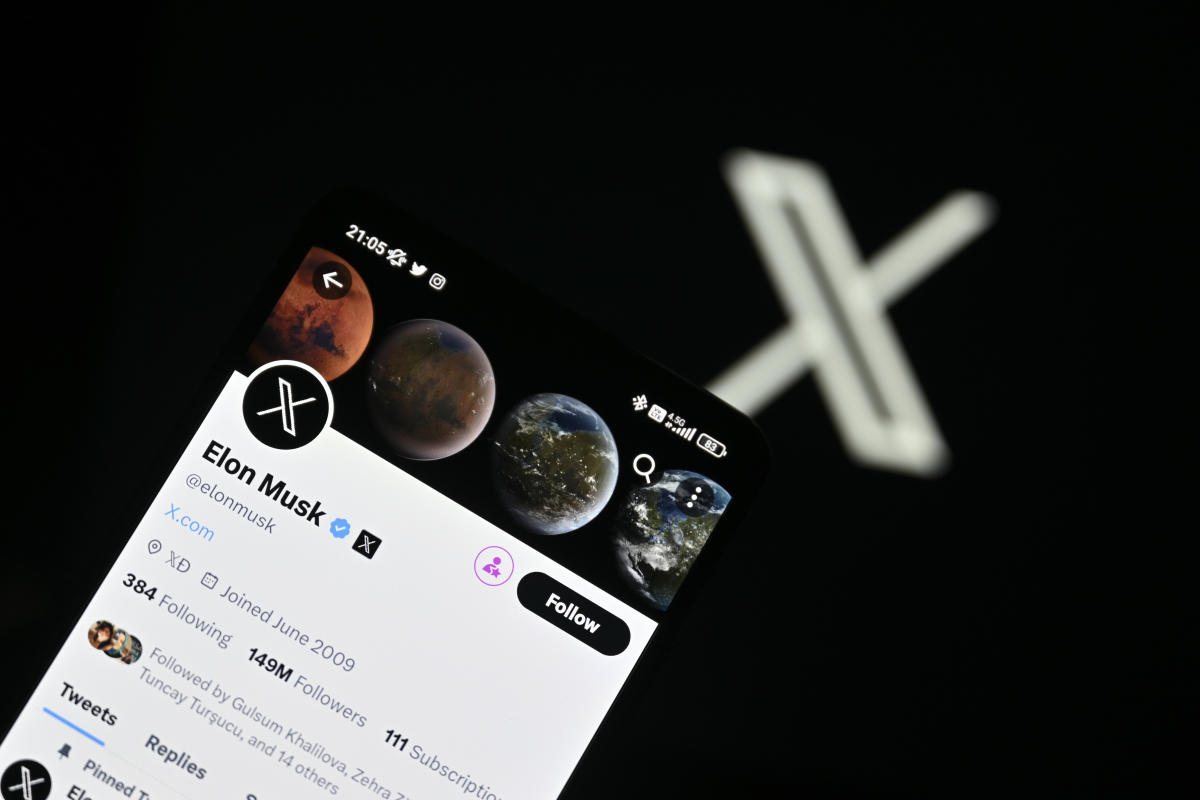Twitter is proactively courting advertisers in the midst of its rebranding to X.
The Wall Street Journal reported on Tuesday, citing an email sent to advertisers that it has seen, that starting on August 7, the platform, now named X, would remove firms’ gold check mark verification if they haven’t spent at least $1,000 on advertisements in the preceding 30 days or $6,000 in the previous 180 days.
Verified business accounts on Twitter are distinguished with a gold checkmark, which was introduced during the Twitter Blue redesign in December.
Read also: Twitter, now X; display will soon default to dark mode
The Twitter checkmark is said to cost companies $1,000 per month, but Twitter has apparently eliminated the price for its 500 largest advertising customers and the 10,000 most-followed corporate, brand, and organisation accounts.
The impending regulation is perceived to be a response to a decline in ad income on the social media platform, as recent reports indicated a precipitous decline of 50% in Twitter’s revenue.
The Wall Street Journal reports that the company’s newest revenue-generating approach involves requiring verified firms to spend at least $1,000 per month on advertising in order to keep their position as verified users.
Musk, in response to a tweet about a story in The Wall Street Journal, explains that the “moderately high” fee is a precautionary measure meant to prevent scammers from registering “millions of accounts” on the site.
Musk added that instead, businesses might pay $1,000 monthly for the company’s verified organization badge. Since advertising is Twitter’s primary source of income, it’s no surprise that the firm is trying to increase costs.
Is this disruptive for small companies?
The Wall Street Journal also claims that Twitter has reduced the cost of certain advertising spots on its platform. For brand-new bookings made between now and July 31st, for instance, Twitter is offering a 50% discount. Advertisers may “gain reach during crucial moments,” the company says, by taking advantage of these price reductions during events like sporting events.
Larger companies will certainly have little to no issues with the $1,000 monthly fee, but the new policy might be disruptive to smaller companies that can’t afford the increase.
